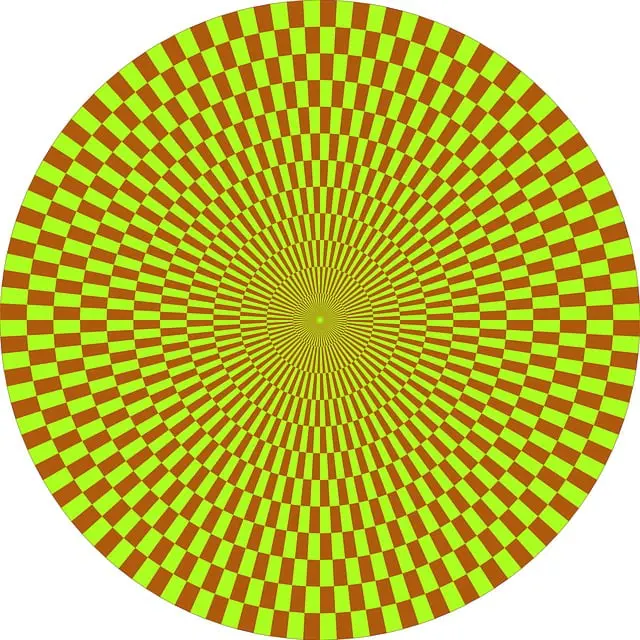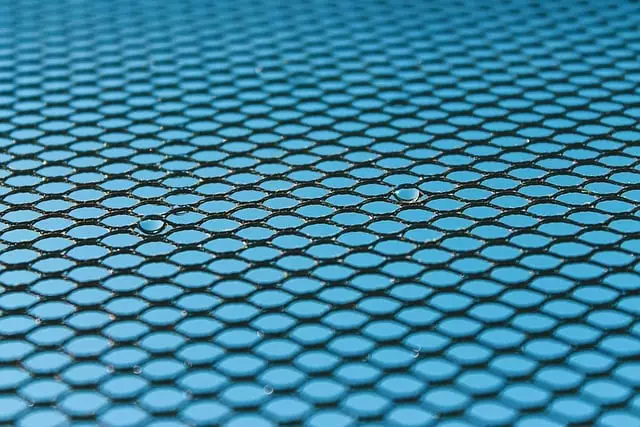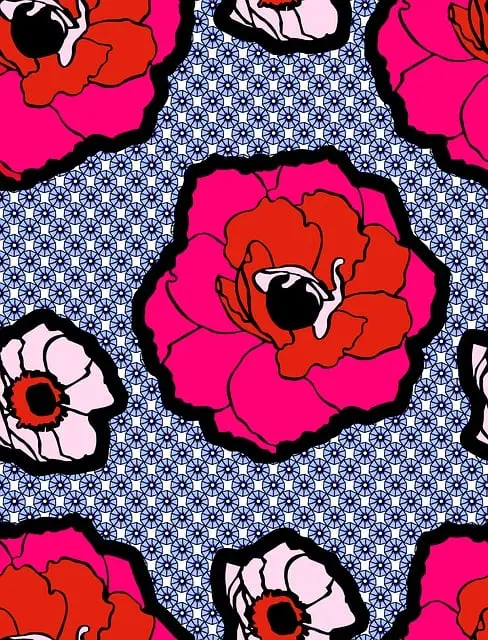Kava tea and delta 8 pain relief cream are natural alternatives for relaxation and stress management. Sourced from the Piper methysticum plant's roots, kava has been a staple in South Pacific cultures for centuries, with its active compounds, kavalactones, engaging with the brain's GABA-A receptors to provide calming effects and potentially manage anxiety. Delta 8 pain relief cream combines these kavalactones with hemp-derived cannabinoids for targeted muscle and joint relief. Both methods offer wellness benefits without significant side effects typically associated with pharmaceuticals, catering to individuals seeking natural solutions for anxiety and physical discomfort. Kava's systemic effects provide a sense of tranquility, while delta 8 cream offers localized pain relief with a subtle, less psychoactive impact. These options can be tailored to individual needs, offering a holistic approach to relaxation and pain management that respects cultural traditions and enhances contemporary wellness routines.
Discover the tranquilizing effects of Kava Tea, a natural elixir revered for its anxiety-relieving properties. This article delves into how Kava can serve as a serene alternative to modern stress management, including a comparison with Delta 8 pain relief cream. We’ll explore the scientific underpinnings of Kava’s calming effects and provide guidance on seamlessly integrating it into your daily routine for optimal relaxation benefits. Additionally, we’ll examine the cultural roots of Kava and its growing influence on global wellness practices. Join us as we navigate the natural pathways to a more composed and contented state of mind.
- Understanding Kava Tea: A Natural Pathway to Calm and Relaxation
- The Science of Kava: Mechanisms Behind Anxiety Relief and Stress Reduction
- Kava vs. Delta 8 Pain Relief Cream: Comparing Relaxation Methods
- How to Incorporate Kava Tea into Your Daily Routine for Maximum Benefit
- Exploring the Cultural Significance of Kava and Its Global Impact on Well-being
Understanding Kava Tea: A Natural Pathway to Calm and Relaxation

Kava tea, derived from the roots of the Piper methysticum plant, has been a traditional remedy in various cultures for centuries, particularly in the South Pacific. This herbal beverage offers a unique pathway to calm and relaxation, setting it apart as a natural alternative for those seeking stress relief without the side effects often associated with pharmaceutical options. The active compounds in kava, known as kavalactones, interact with the brain’s GABA-A receptors, promoting a sense of well-being and serenity. This interaction is similar to the way certain prescription medications work, making kava an attractive choice for individuals looking to alleviate occasional anxiety or simply unwind after a long day.
Incorporating kava tea into one’s daily routine can be a simple yet effective way to support mental health. Unlike synthetic substances, kava is free from the harsh chemicals that sometimes accompany pain and anxiety relief. Its effects are subtle yet profound, allowing consumers to maintain clarity of mind while experiencing deep relaxation. Additionally, the market has seen innovative products like delta 8 pain relief creams, which combine the benefits of hemp-derived cannabinoids with the soothing properties of kava for a holistic approach to wellness. These topical applications offer localized relief from muscle and joint discomfort, further expanding the potential uses and benefits of this ancient herbal remedy in modern wellness practices.
The Science of Kava: Mechanisms Behind Anxiety Relief and Stress Reduction

Kava, a traditional beverage from the Pacific Islands, has been historically valued for its calming effects. Modern scientific research has begun to elucidate the mechanisms behind kava’s efficacy in promoting relaxation and alleviating anxiety. The compounds responsible for these benefits are known as kavalactones, which interact with various neurotransmitter systems within the brain. These interactions can enhance the activity of GABA (gamma-aminobutyric acid), the primary inhibitory neurotransmitter in the central nervous system, thereby reducing neural excitability and inducing a state of relaxation. This is particularly relevant for individuals seeking natural alternatives to pharmaceutical anxiety treatments.
Furthermore, kava’s ability to modulate stress responses extends beyond its impact on the GABAergic system. It has also been found to influence other pathways that regulate mood and stress. For instance, kava may decrease levels of cortisol, a hormone associated with the body’s ‘fight or flight’ response, which is often elevated in stressful situations. The anti-inflammatory properties of kava, alongside its antioxidant activity, further contribute to its stress-reducing effects. While discussing herbal remedies, it’s pertinent to mention delta 8 pain relief cream as a related product that leverages the benefits of cannabinoids for pain management and relaxation, complementing the anxiety-relief properties of kava. The synergistic use of such products may offer broader support for individuals looking to manage both physical and psychological stress.
Kava vs. Delta 8 Pain Relief Cream: Comparing Relaxation Methods

Kava tea and Delta 8 pain relief cream are two distinct methods for inducing relaxation and managing anxiety, each with its unique set of benefits. Kava, a traditional beverage from the Pacific Islands, is well-known for its calming effects, primarily attributed to its active ingredients known as kavalactones. Regular consumption of kava tea can help alleviate stress, promote a state of calmness, and reduce anxiety levels. Its effects are often felt within 15 to 20 minutes post-consumption and can last for several hours, depending on the individual’s tolerance and metabolism.
In contrast, Delta 8 pain relief cream is a topical application that combines the therapeutic properties of cannabinoids with soothing agents to target localized discomfort and tension. Delta 8 THC, a minor cannabinoid found in hemp and cannabis plants, offers a balanced high similar to its more famous counterpart, Delta 9 THC, but typically with less psychoactive intensity. The cream’s transdermal delivery system allows for targeted relief at the site of application, making it an effective option for those seeking localized pain and anxiety relief without the psychoactive effects that might come with traditional cannabis products. Users often report a sense of relaxation and reduced muscle tension after applying the cream, which can be particularly beneficial for individuals dealing with chronic pain or recovering from physical exertion. Both kava tea and Delta 8 pain relief cream offer viable alternatives for those seeking natural ways to manage stress and promote relaxation, with the choice between them depending on personal preference, desired effects, and specific needs.
How to Incorporate Kava Tea into Your Daily Routine for Maximum Benefit

Incorporating kava tea into your daily routine for relaxation and anxiety relief can be a delightful and effective practice when done consistently. To begin, select a high-quality kava tea that suits your taste preferences. Unlike topicals such as delta 8 pain relief cream, which are applied externally to target specific areas of the body, kava is ingested and its effects are systemic. For optimal benefits, consider drinking kava tea approximately 30 minutes before bedtime to enhance sleep quality and promote relaxation. This nightly ritual can help establish a calming pre-sleep routine that may reduce anxiety and improve overall sleep hygiene. Additionally, you might opt to enjoy kava tea during periods of leisure or as a mindful break in your day to experience its anxiolytic properties when needed.
To further enhance the benefits of kava tea, pair it with complementary practices such as meditation, deep breathing exercises, or gentle yoga. These activities can potentiate the relaxation effects of kava and contribute to a more holistic approach to managing anxiety. Moreover, ensure you adhere to recommended serving sizes to avoid overconsumption, which is crucial for maintaining the therapeutic balance of its active compounds. While kava tea does not have direct physical application like delta 8 pain relief cream, it can be a part of a comprehensive wellness regimen aimed at achieving relaxation and anxiety relief. By making kava tea a staple in your self-care practices, you may notice an improvement in your mental well-being and a more tranquil state of mind on a regular basis.
Exploring the Cultural Significance of Kava and Its Global Impact on Well-being

Kava, a traditional herbal drink deeply rooted in the cultural practices of various communities within Polynesia, holds a significant place in its indigenous traditions, particularly in Fiji, Hawaii, and Samoa. The ceremonial nature of kava consumption underscores its importance as a social and medicinal staple, fostering a sense of community and well-being that has transcended centuries. As Western cultures increasingly explore the benefits of natural remedies, kava has garnered global attention for its potential in promoting relaxation and anxiety relief. The root of the kava plant, Piper methysticum, contains compounds known as kavalactones, which are believed to be responsible for its calming effects. This has led to the drink being embraced not only as a cultural artifact but also as a wellness product in various parts of the world.
The global impact of kava on well-being is multifaceted. On one hand, it remains an integral part of Pacific Islander heritage, preserving cultural identity and providing a link to ancestral practices. On the other hand, scientific research has begun to corroborate traditional claims about its efficacy in reducing anxiety and promoting relaxation, contributing to broader discussions on integrative health and pain management options like delta 8 pain relief cream. The rise of kava bars worldwide is indicative of its growing acceptance as a non-pharmaceutical approach to managing stress and enhancing social interactions. This cultural exchange not only enriches communities by sharing the benefits of kava but also opens up new avenues for understanding and valuing diverse herbal traditions.
Incorporating kava tea into one’s daily routine may offer a natural avenue for relaxation and anxiety relief, as evidenced by both cultural traditions and contemporary scientific research. The unique compounds in kava have been shown to interact with neurotransmitters, potentially alleviating stress and reducing anxiety. For those seeking alternative methods to manage pain and stress, such as delta 8 pain relief cream, understanding the mechanisms behind kava’s effects can inform a holistic approach to well-being. By considering the cultural significance of kava and its global impact on mental health, it’s clear that this herbal drink holds promise for many in their quest for relaxation and relief from anxiety.






